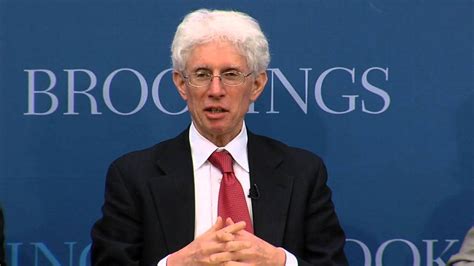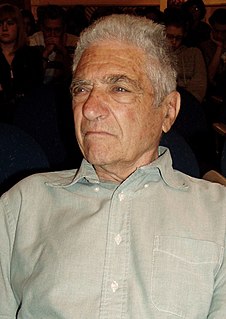A Quote by Mario Bunge
Science is morally neutral, but social science shows us that some moral codes are better than others.
Related Quotes
It is time to create new social science departments that reflect the breadth and complexity of the problems we face as well as the novelty of 21st-century science. These would include departments of biosocial science, network science, neuroeconomics, behavioral genetics and computational social science.
The confidence in the unlimited power of science is only too often based on a false belief that the scientific method consists in the application of a ready-made technique, or in imitating the form rather than the substance of scientific procedure, as if one needed only to follow some cooking recipes to solve all social problems. It sometimes almost seems as if the techniques of science were more easily learnt than the thinking that shows us what the problems are and how to approach them.
Gradually, ... the aspect of science as knowledge is being thrust into the background by the aspect of science as the power of manipulating nature. It is because science gives us the power of manipulating nature that it has more social importance than art. Science as the pursuit of truth is the equal, but not the superior, of art. Science as a technique, though it may have little intrinsic value, has a practical importance to which art cannot aspire.
The pretention that some of us are better than others, I don't think is a very good thing. And who is contributing what to our progress in science is not so obvious and many who don't get that Nobel Prize are better than people... than some of us that do get the Nobel Prize. I think we should not be interested in prizes, we should be interested in learning about nature.
I wanted to be a scientist. My undergraduate degree is in biology, and I really did think I might go off and be some kind of a lady Darwin someplace. It turned out that I'm really awful at science and that I have no gift for actually doing science myself. But I'm very interested in others who practice science and in the stories of science.
But in the end, science does not provide the answers most of us require. Its story of our origins and of our end is, to say the least, unsatisfactory. To the question, "How did it all begin?", science answers, "Probably by an accident." To the question, "How will it all end?", science answers, "Probably by an accident." And to many people, the accidental life is not worth living. Moreover, the science-god has no answer to the question, "Why are we here?" and, to the question, "What moral instructions do you give us?", the science-god maintains silence.
Let the Bible be the Bible. It's not about science. It's not accurate history. It is a grab bag of religious fantasies written by many authors. Some of its myths, like the Star of Bethlehem, are very beautiful. Others are dull and ugly. Some express lofty ideals, such as the parables of Jesus. Others are morally disgusting.









































